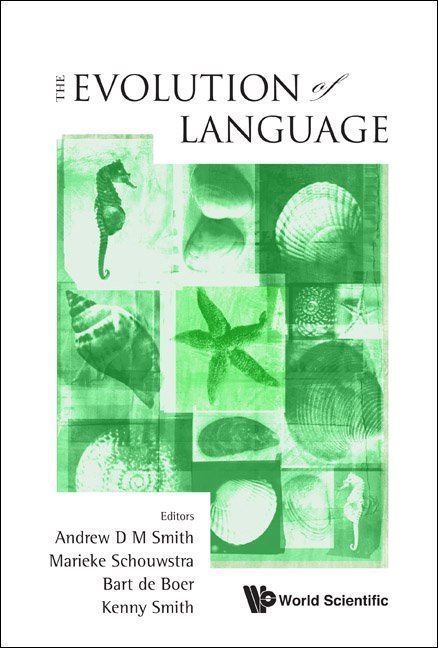ITERATED LEARNING OF MULTIPLE LANGUAGES FROM MULTIPLE TEACHERS
Language learning is an iterative process, with each learner learning from other learners. Analysis of this process of iterated learning with chains of Bayesian agents, each of whom learns from one agent and teaches the next, shows that it converges to a distribution over languages that reflects the inductive biases of the learners. However, if agents are taught by multiple members of the previous generation, who potentially speak different languages, then a single language quickly dominates the population. In this work, we consider a setting where agents learn from multiple teachers, but are allowed to learn multiple languages. We show that if agents have a sufficiently strong expectation that multiple languages are being spoken. we reproduce the effects of inductive biases on the outcome of iterated learning seen with chains of agents.



